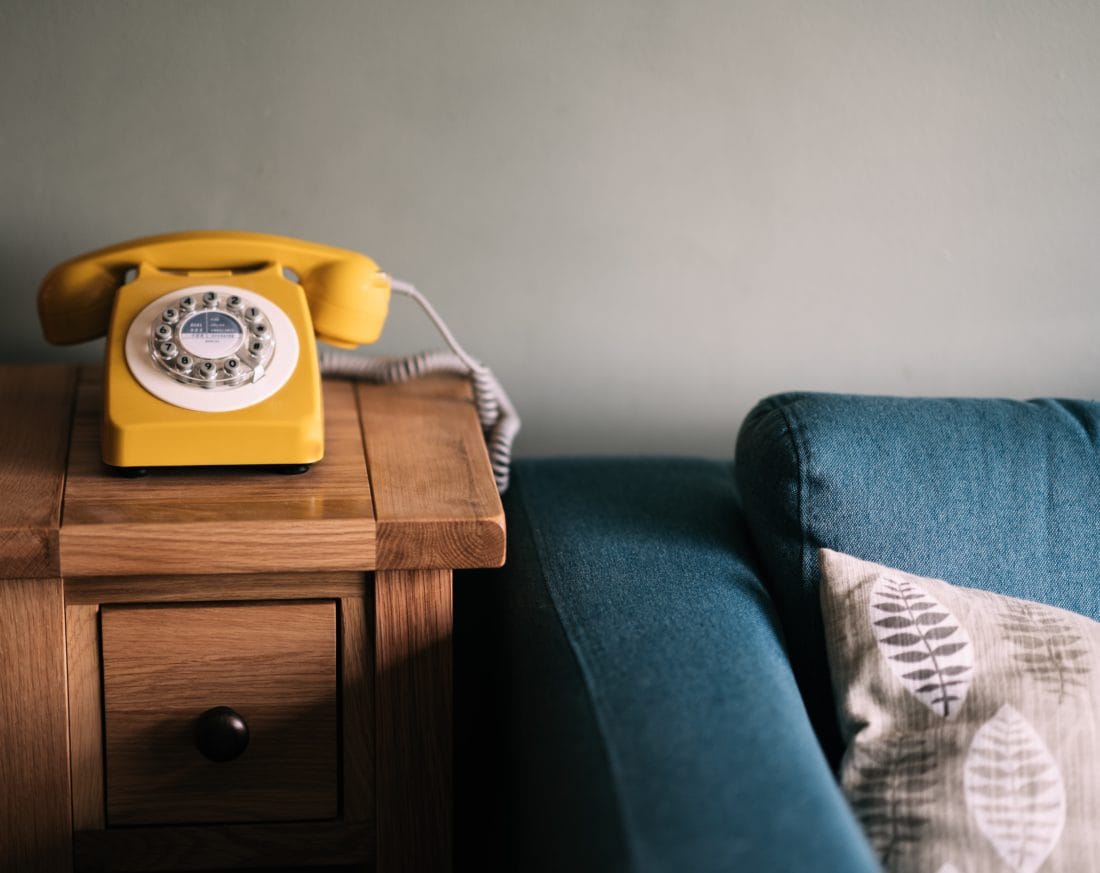Delivering Food To Seniors Is Only Half The Battle, The Need For Help Is Overwhelming


Receiving phone calls from elderly clients who just want to talk is not unusual for community-based organizations like JASA. But the calls these days are more frequent and anxious.
Tania Collazo, Director of JASA’s Home-Delivered Meals Program in Queens, recalled recently getting a phone call from a client who needed to talk to someone.
“The conversation started pretty much benign – how are you, how are things,” Collazo told Bklyner. “Then it evolved into, I’m afraid.”
She was afraid of being alone and that her children might contract the coronavirus. The elderly woman also said that it would be unfair for younger family members to succumb to the virus. She should go first because of her age, the client reasoned.
“I feel my job is, in that moment, to listen, but also to communicate that we are not wavering, that we will be here, that whatever I can do, I am going to do. The fact that I can do that is an honor,” the director said.
Currently, the organization delivers meals to 1,520 homes in Brooklyn. Since the COVID-19 outbreak, that number has continued to increase, with 110 homes added last week alone. Since the COVID-19 outbreak, that number has increased sharply.
In this new environment, home food deliveries are critical for the vulnerable senior population. However, meal deliveries are only half the battle.
Organizations like JASA also serve the important function of checking on the physical and psychological well-being of the elderly who are homebound and alone. The pandemic amplifies that facet of their services—a task that’s made more difficult because of coronavirus safety guidelines. Instead of home visits, JASA stays in touch with its clients mostly by phone.
Like JASA, Brooklyn-based Heights and Hills, which serves more than 5,000 seniors each year, is adapting to the new environment.
“Our staff has mobilized to work remotely,” Heights and Hills Executive Director Judy Willig told Bklyner. “Each week we are calling thousands of people to check on their health status, remind them of symptoms to look for, but also to check that they have enough food and enough medication. Our staff will help them find a pharmacy that will send medication.”
Heights and Hills has a staff of 43 and volunteers. Everyone has stepped up, Willig said, adding that her tight-knit, dedicated team is “overwhelmed.”
“We get 100 new requests for help a week, which is about four times what we normally get,” she said. “But we now have all hands on deck to address those new requests, to assess them as quickly as possible and determine what’s an emergency and what can be handled through other ways.”
Collazo said there’s a general feeling of anxiety among her staff and volunteers. Many of the food delivery drivers are seniors in their 60s and 70s.
“They are concerned because they are high risk [for falling seriously ill from the virus]. But they are still out there delivering and staying as safe as possible,” Collazo said. “There’s also anxiety among clients over not knowing how the coronavirus spreads, so we’re sharing information with them.”
Despite the challenges, these two organizations, and many others, are dedicated to ensuring that no senior goes hungry during this crisis.
JASA said it continues to deliver nearly 24,000 meals a week plus snacks to its clients. “We are not slowing down in that regard,” Collazo said. “We are just delivering a little differently to keep our seniors safe.”
Heights and Hills partnered with Citymeals on Wheels to help get emergency food packages to seniors. Organizations are maximizing their efforts, especially since city officials banned communal meals citywide at senior centers.
Instead of providing meals at senior centers, the New York City Department for the Aging (DFTA) launched its own meal delivery program. However, the department distributes food only to senior center members.
Bklyner contacted DFTA for an interview but did not receive a reply.
In a statement sent to Bklyner, City Council Member Margaret Chin (D-Manhattan), who chairs the Committee on Aging, urged DFTA to expand its meal delivery program to include more seniors.
“The City’s senior emergency meal program is a step in the right direction and must be expanded to help older adults now facing food insecurity as a result of this crisis,” the statement said. “How to reach vulnerable seniors, especially those without computers, living in isolation, or limited English proficient is going to take a lot of creativity, and we need bold leadership to make this happen.”
Many of the organizations on the frontline are doing heir best to step up to the challenge. However, it’s uncertain whether they will be able to continue if the crisis is prolonged.
“One of the most stressful things for nonprofits like ours is that much of our funding comes from individuals,” Willig stated. “We have a gala every spring. For us, that brings in a significant amount of money. We’ve had to cancel that. We’re in desperate need of financial donations.”



